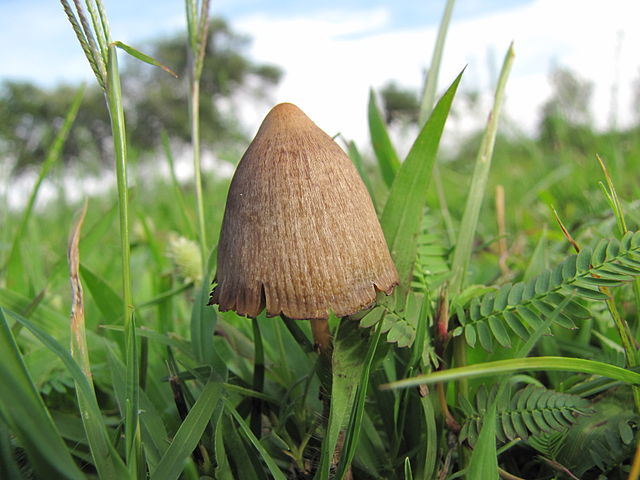The hallucinogenic in “magic mushrooms” can quickly and effectively help to treat anxiety and depression in cancer patients up to months at a time, two small studies have shown.
The substance, called psilocybin, has worked in two patients who reported feeling comforted and relieved after taking it, CBS reports. While the work is preliminary and experts conclude that there must be larger, more definitive studies on the substance, the studies prove to have merit.
Dr. Craig Blinderman, director of adult palliative care service at the Columbia University Medical Center/New York-Presbyterian Hospital, and was not involved in the studies, calls them “very impressive results.”
Psilocybin, known as shrooms, little smoke or purple passion, comes from a specific kinds of mushrooms that are illegal in the United States. Should this treatment be approved by the government, it would have to be conducted in special clinics with trained staff.
The leaders of the studies, Dr. Stephen Ross of New York University and Roland Griffiths of Johns Hopkins University, advise that no one try these therapies on their own, citing the risk factors. Ross says, “It’s highly common to have anxiety and depression at any stage of cancer.” He adds,
The idea was that drugs like, initially, LSD and psyilocybin, which were known to induce spiritual or these unusual mystical states of consciousness, might help people who were having this…distress.
In the past, psychedelic drugs have been examined as a means of treating stress in cancer patients, but all studies were halted in the 1970s after massive recreational use that led to a widespread crackdown on the drugs. In recent years, similar studies have been creeping up.
According to Griffiths, it’s unclear whether or not psilocybin would work on non-cancer patients, though he thinks it might be possible for patients with terminal diseases. There are plans to study its effects in depression that does not respond to standard treatment.
Both studies were small: the NYU one had just 29 patients, while the Hopkins one had 51. Most of the funding came from the Heffter Research Institute, a nonprofit organization that supports studies of psychedelic drugs. No side effects were documented from the treatments.
The studies were published in the Journal of Psychotherapy.
























